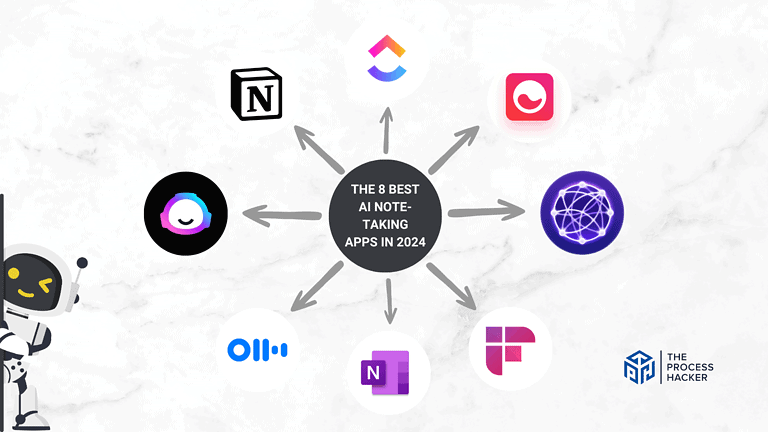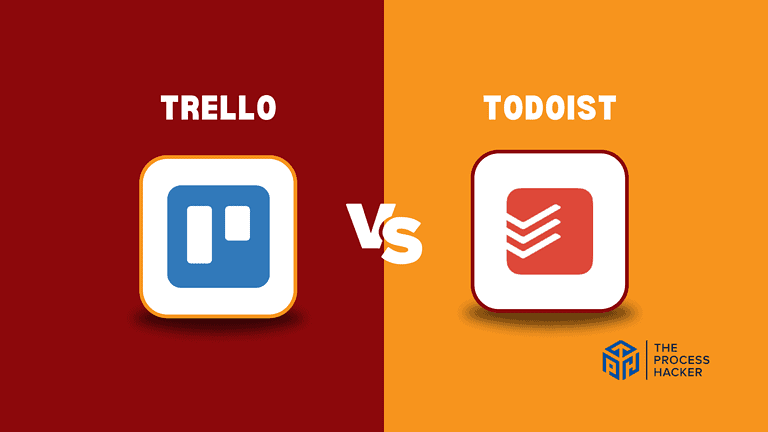Personal Resources: Five Essential Inputs for Life
In my last blog post, I showed you a way to examine systems in our lives and businesses. This post further investigates the inputs or personal resources that affect the system that is our life.
An input is anything that is put in, taken in, or operated on by the system. By adjusting the various contributing factors that impact our lives, we can achieve our goals and improve our productivity over time.
Recall that a system is an organized set of things or principles to get something done. We can analyze the system using systems thinking to solve problems that come up. When we improve the systems in our life, we can be more productive and get more done.
“Your Five Most Precious Resources”

In the blog post, “Your Five Most Precious Resources,” the Minimalists state that a “simple life involves, perhaps above anything else, the deliberate use of resources.” We can improve the quality of our lives by managing these five personal resources or inputs, which can be written using the mnemonic, STEAM.
Skills

Skills are expertise or abilities that we possess, typically to do something well.
Sometimes we are naturally gifted with particular abilities to learn quickly, easily run long distances, or naturally talk to anyone. However, being gifted can only get us so far. In Outliers, Malcolm Gladwell states that it takes about 10,000 hours of practice to achieve mastery in a particular field. We may not necessarily have to clock in all those hours, but skill growth can be achieved by consistent hard work.
We develop skills and gain experience in the work that we do for our jobs or businesses by putting in the time. To get our work done, we have to get organized, use our skills, or get help from someone with the skills we don’t have. Later, we can leverage these personal resources to land the next opportunity with that future employer or next client.
We may also sharpen skills in the process of playing a sport or diving into a new hobby. Skills do not have to be all work and no play. Skills are worth developing if they help us achieve our goals and make life better. I enjoy most outdoor activities and have enhanced my experience through learning new skills at training programs for Wilderness First Aid and Scuba Diving.
Ask Yourself: What are you good at? What skills do you want to develop or learn?
Time

Time is the period in which we do things. In a day, we have only 24 hours to get what we need to be done.
Time can be seen as an equalizer, as we all, every single person in the world, only have 24 hours in the day. Once that time is spent, it is gone forever. The personal resource of time is non-refundable.
Some of us may be cheap when it comes to spending money, agonizing over every single dollar spent. However, many more of us can be willing to give hours of our life away to consuming content or binge-watching TV. This may be done in your free time or could eat into the other parts of your life. I know I have stayed up late watching another game on TV when I should have been sleeping.
Managing our time gives us the ability to plan and control how we spend the hours in the day to accomplish our goals. We have to balance the time that we spend in the different parts of our life: home, work, social life, and hobbies. When we effectively manage our time, it allows us to get more work done, meet deadlines, and reduce stress.
Ask Yourself: How are you currently spending your time? What activities do you want or need to prioritize with your time?
Energy

Energy gives us the strength and ability to do physical or mental activities.
There are moments where you can’t get anything done, no matter how much you try or want to. You don’t feel like you have the energy needed to get things done.
We need energy to do the things that we want or need to do.
Harvard Medical School published an article that summed up the nine fundamental ways to naturally increase your energy levels:
- Control Your Stress: Stress can eat up our energy, so you want to find ways to diffuse that stress, such as talking with someone or relaxation therapy (meditation, yoga, etc.).
- Reduce Commitments: Being overworked can cause fatigue, so you want to eat that frog or prioritize your most important tasks and remove those tasks that are less important. Check out Todoist or ClickUp for help managing tasks and projects.
- Exercise Regularly: Doing regular physical activity can help reduce fatigue, increase your energy levels, and help you sleep better.
- Avoid Smoking: Nicotine, a stimulant, drains your energy and makes it tough to sleep as it increases your heart rate, blood pressure, and brain activity.
- Protect Your Sleep: During great sleep, your body restores many vital functions it needs during the day, which in turn affects how much energy you have.
- Eat to Live: You are what you eat, and your food is your fuel. Thus, eating a diet that is less refined and more balanced will boost your energy and mood.
- Use Caffeine Wisely: Caffeine does increase alertness, but you should use it wisely. Also, you don’t want to have caffeine past 2 PM, as it can cause insomnia.
- Limit Alcohol Intake: Alcohol can affect your sleep quality resulting in less energy the next day. Or worse, excessive drinking may result in a hangover or being sick.
- Drink Water: Blood mainly comprises of water and is vital in transporting nutrients and eliminating waste in the body. When you are short on fluids, you will feel fatigued.
Ask yourself: Are you overwhelmed, stressed, or tired? Do you have enough energy to do all the things you want to do?
Attention

Attention is the action of dealing with someone or something.
A recent Microsoft study in 2018 found that the average human attention span is eight seconds, which is a drastic decrease from 12 seconds in 2000. It makes sense, as our world today has many distracting things that fight for our attention: notifications, advertisements, and social media feeds. Corporations profit off of our attention spans; they can get us to endlessly surf or scroll, consume their content, and buy their stuff.
If you want to thrive, Cal Newport argues in his book, Deep Work (book summary), that you have to focus your attention to engage in deep work. This deep work is conducted in a state of distraction-free concentration that pushes your critical thinking to the limit. When we are in the company of other people, giving our full attention means being present and connecting in the moment.
On the other hand, Newport discusses that shallow work is work that disperses our attention. We lack focus and do busywork that does not require much brainpower, typically with many distractions. Each distraction can hinder us in our ability to concentrate and significantly adds to the time it takes to get the work we want to do.
If someone wants our attention, distractions can hurt our ability to be present in the moment with that person. A lot of us, including myself, have been guilty of allowing our phones to distract us during a meaningful conversation or important meeting.
Ask Yourself: Who or what are you giving your attention to?
Money

Money is a medium of exchange that allows us to pay for goods and services and repay debts, such as taxes.
When we look at the five personal resources, many people focus heavily on money as if it is the only one that matters. We look at our salary and bank accounts as a matter to measure our net worth. We are continually assessing the amount of money that we have to pay our bills, spend on fun, and possibly save.
It may feel that money is the most crucial input, but it’s not. It may also feel that money is the output that we should strive for, but that necessarily may not make us happy. We may overextend ourselves racking up credit card debt to chase a life that we think we can pay off with our hypothetical future success. More money tends to magnify and validates your behavior from when you had not much of it. If you are rude, selfish, or hostile, then more money will make you worse in these negative behaviors. In contrast, if you are kind, generous, and considerate, more then more money will amplify the positive ones.
Money should be used as a tool, not the end goal. When we think of money as a tool, you carry out a specific function. It allows us to change our mindset such that cutting back on spending may not be so painful, and money can now help shape the life that we want. It can help achieve our goals, such as paying off our bills, upgrading our life, or buying a home.
Ask yourself: Are you spending more or less than you make? How are you spending your money?
Next Steps
If you have any further questions or need additional help, feel free to comment below or send me an email. Also, if you want more Process Hacker content, you should subscribe to our weekly newsletter on Productivity, Habits, and Resources.







